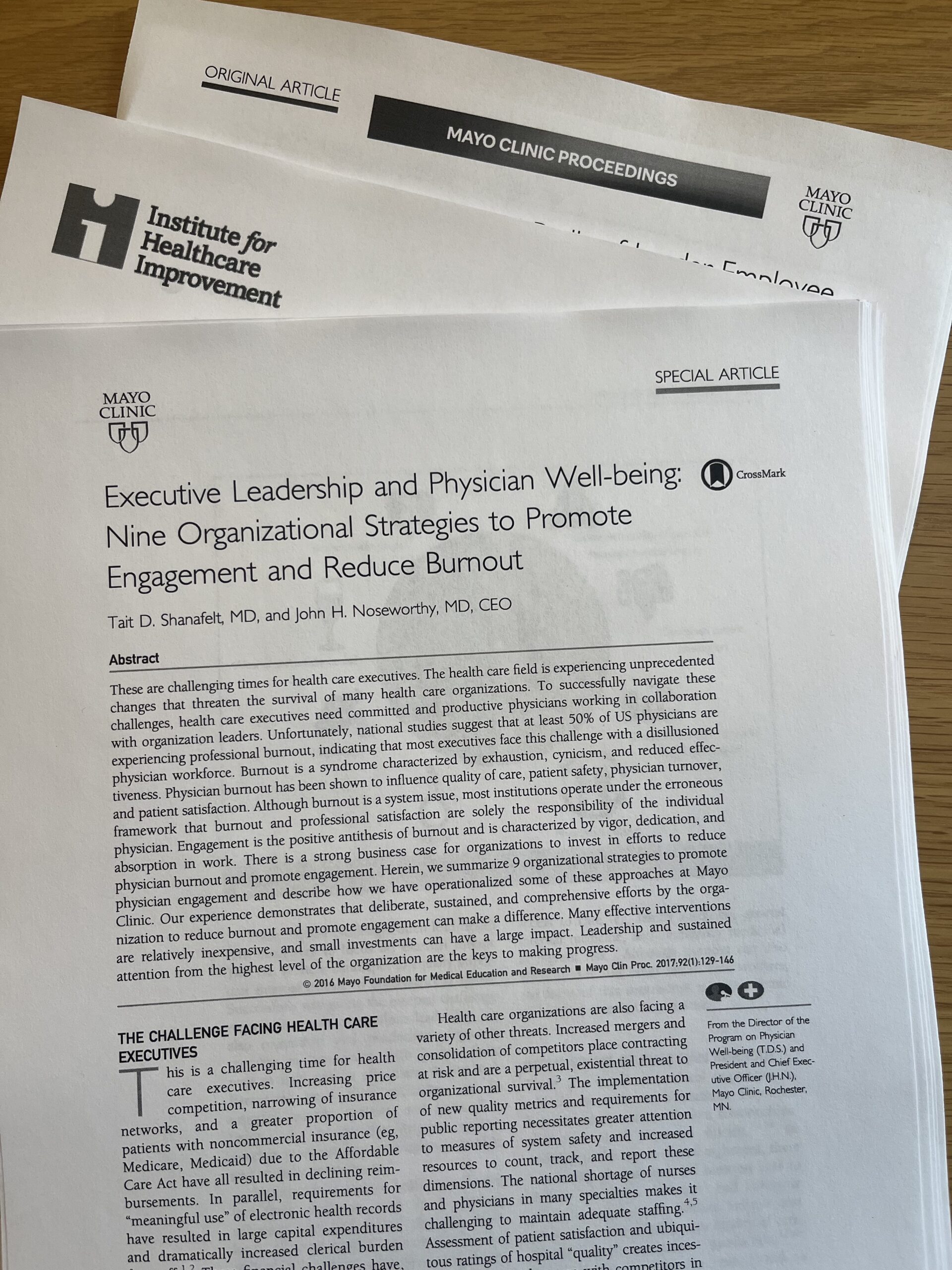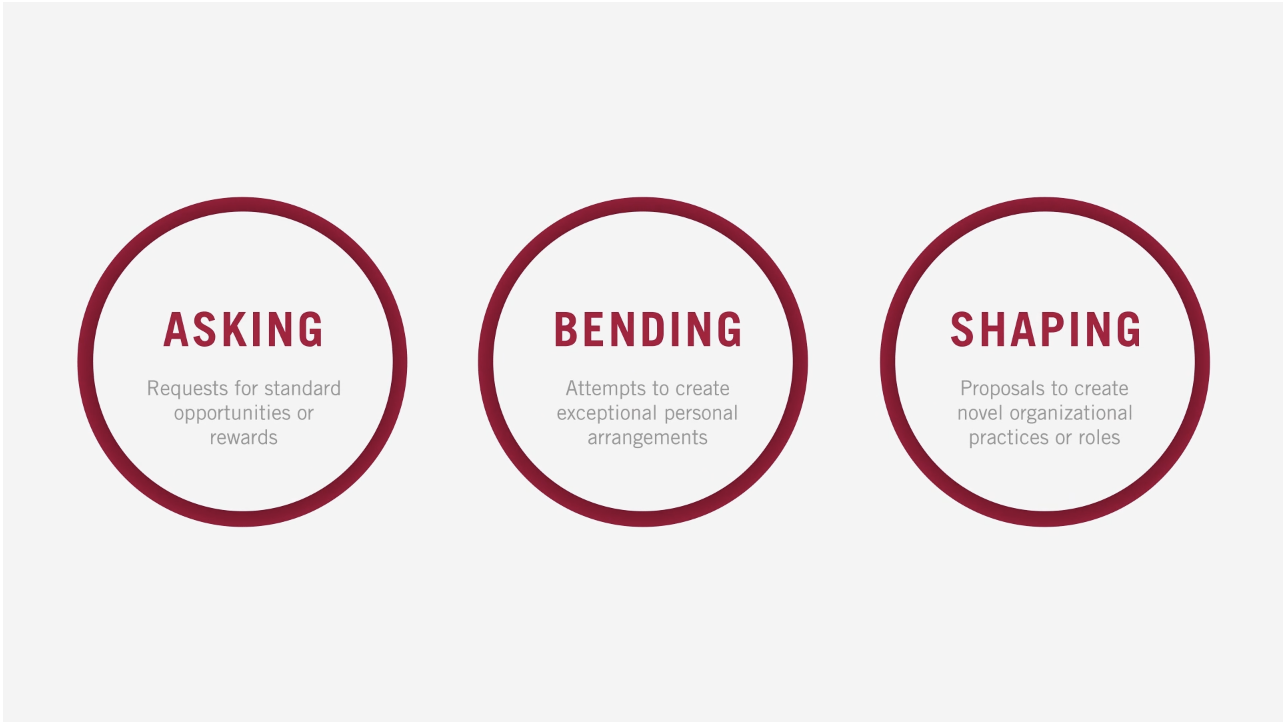I talk to a lot of people about burnout. High-demand jobs and prolonged stress without recovery have created health problems, exhaustion, cynicism, overwhelm, and diminished interest and performance.
It’s not your fault.
And in many professions, it’s probably not curable by individual action.
This is disheartening to say, and for my clients to hear.
High achievers generally have a strong internal locus of control, and we are eager to build skills and habits to meet the challenges around us. But burnout is a problem that requires organizations, not individuals, to act.
Here’s a great article by Morra Aarons-Mele highlighting the problem.
And a wonderful podcast episode from At Work with The Ready about the ways burnout might show up on teams (in behaviors that are often rewarded and praised).
The quote that stayed with me from that podcast episode is this: “If the purpose of a system is the outcomes that it generates, we apparently have created an entire economy of organizations that kind of just destroy human psychology, which is not great. It might be what our organizations are doing best….causing burnout in workers…. Like, are any companies making whatever they sell as efficiently and productively as they are making burnt out employees? I don’t know.”
The mechanisms for fixing burnout are well understood: predictable and clear “off-hours.” The metaphor of an emergency room is a good one. Although the service and responsiveness of the institution doesn’t stop, individual providers have predictable shifts where they are off-duty, and not expected to contribute or monitor the activities of the organization. Elite athletes, and doctors’ offices, have figured out staffing models that include recovery, but most professional services or corporate functions have not.
I hate seeing individuals beat themselves up over problems or conditions they did not create and cannot fix.


